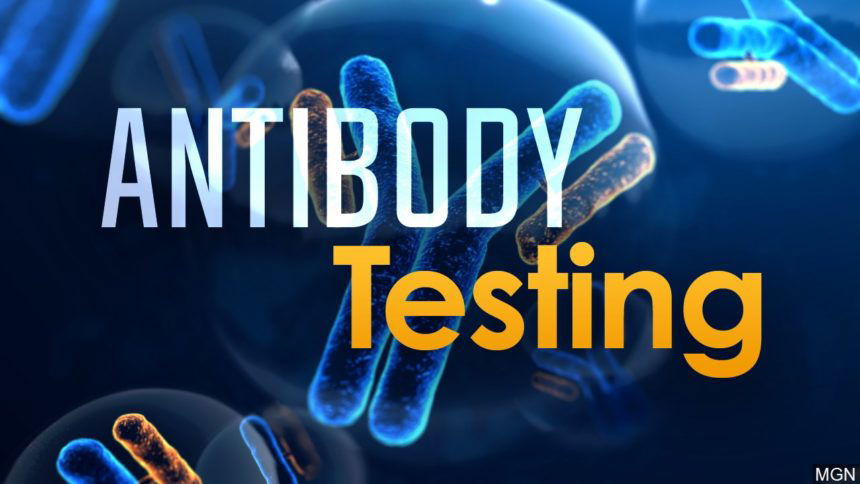How antibody testing works

The following is a release from Southeastern Idaho Public Health.
Antibody tests detect antibodies in the blood when the body is responding to a specific infection, like COVID‐19. However, antibody tests are not recommended for COVID‐19 diagnosis. “The test isn’t checking for the virus itself. Instead, it looks to see whether your immune system ‐‐ your body’s defense against illness ‐‐ has responded to the infection,” said Maggie Mann, Southeastern Idaho Public Health District Director.
Currently, the immune response to the COVID‐19 infection is not well understood. It is not known whether the antibodies detected by antibody testing provide immunity to reinfection.
In the early days of infection, when the body’s immune response is still building, antibodies may not be present in detectable levels. This limits the test’s effectiveness for diagnosing COVID‐19 and is one reason why it should not be used as the sole basis to diagnose COVID‐19. Additionally, there are some challenges to interpreting results from antibody testing. People in the early stages of COVID‐19 might test negative despite being highly infectious and some tests might give a false positive result because of past or present infection with other types of coronaviruses.
“Because of these challenges, we do not recommend the use of antibody tests alone to advise individual patients about whether they have had or are infected with COVID‐19,” said Mann.
Antibody tests may be most useful for estimating the percentage of people in a group that has already been infected and for estimating changes in the percentage of people in the community with the COVID‐19 antibody in the community over time.
As of April 15, 2020, the Food and Drug Administration (FDA) has issued Emergency Use Authorizations (EUA) for four antibody tests for COVID‐19. All four of these are authorized for use in certified diagnostic laboratories. Currently, the accuracy of available tests is highly variable.
While antibody tests by themselves are of limited value in the immediate diagnosis of a patient where COVID‐19 infection is suspected, using this type of test on many patients may help the medical community better understand how the immune response against the COVID‐19 virus develops in patients over time and how many people may have been infected.
While there is a lot of uncertainty with this new virus, it is also possible that, over time, broad use of antibody tests and clinical follow‐up will provide the medical community with more information on whether or not and how long a person who has recovered from the virus is at lower risk of infection if they are exposed to the virus again. “However, we discourage people who have a positive COVID‐19 antibody test from relaxing the precautions such as social distancing that are recommended for all
Idahoans to prevent spread of coronavirus, and strongly discourage employers from relaxing the protections for an employee solely based upon a positive antibody test,” Mann said.Antibody tests can play a critical role in the fight against COVID‐19 by helping health care professionals identify individuals who may have been exposed to the COVID‐19 virus and may have developed an immune response. “We hope that in the future, antibody tests may potentially be used to help determine, together with other clinical data, whether these individuals are less susceptible to future COVID‐19 infection,” Mann said.
